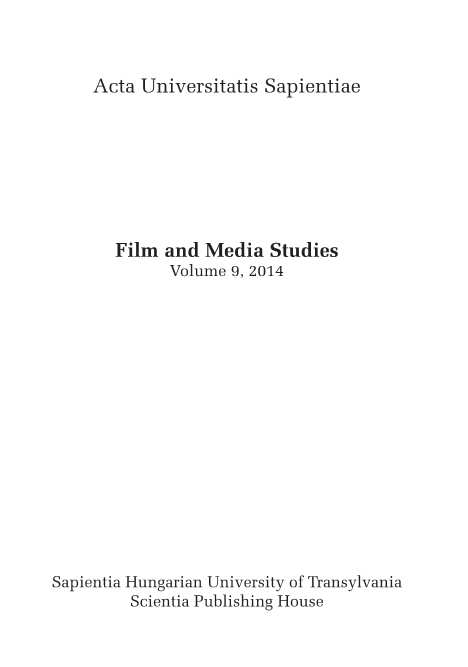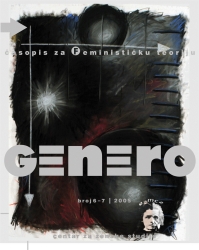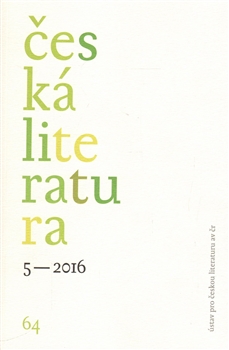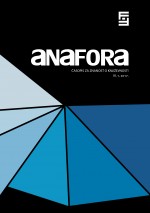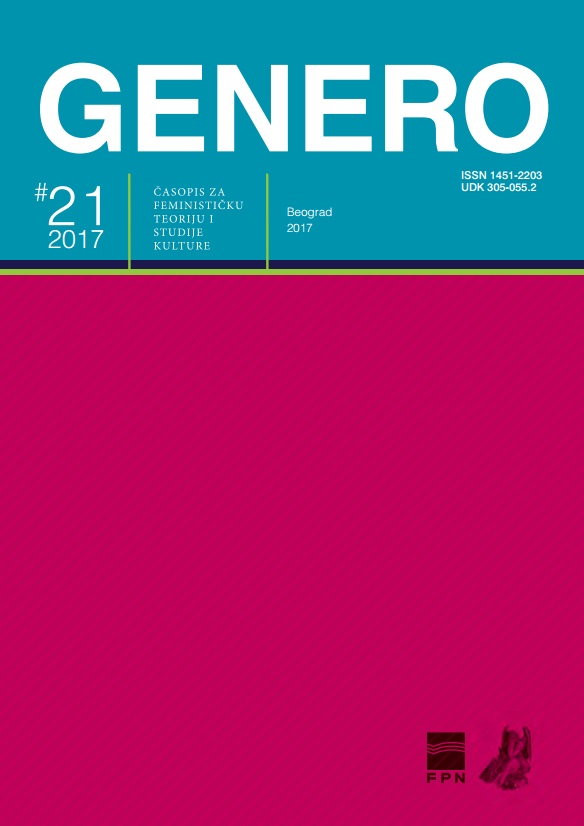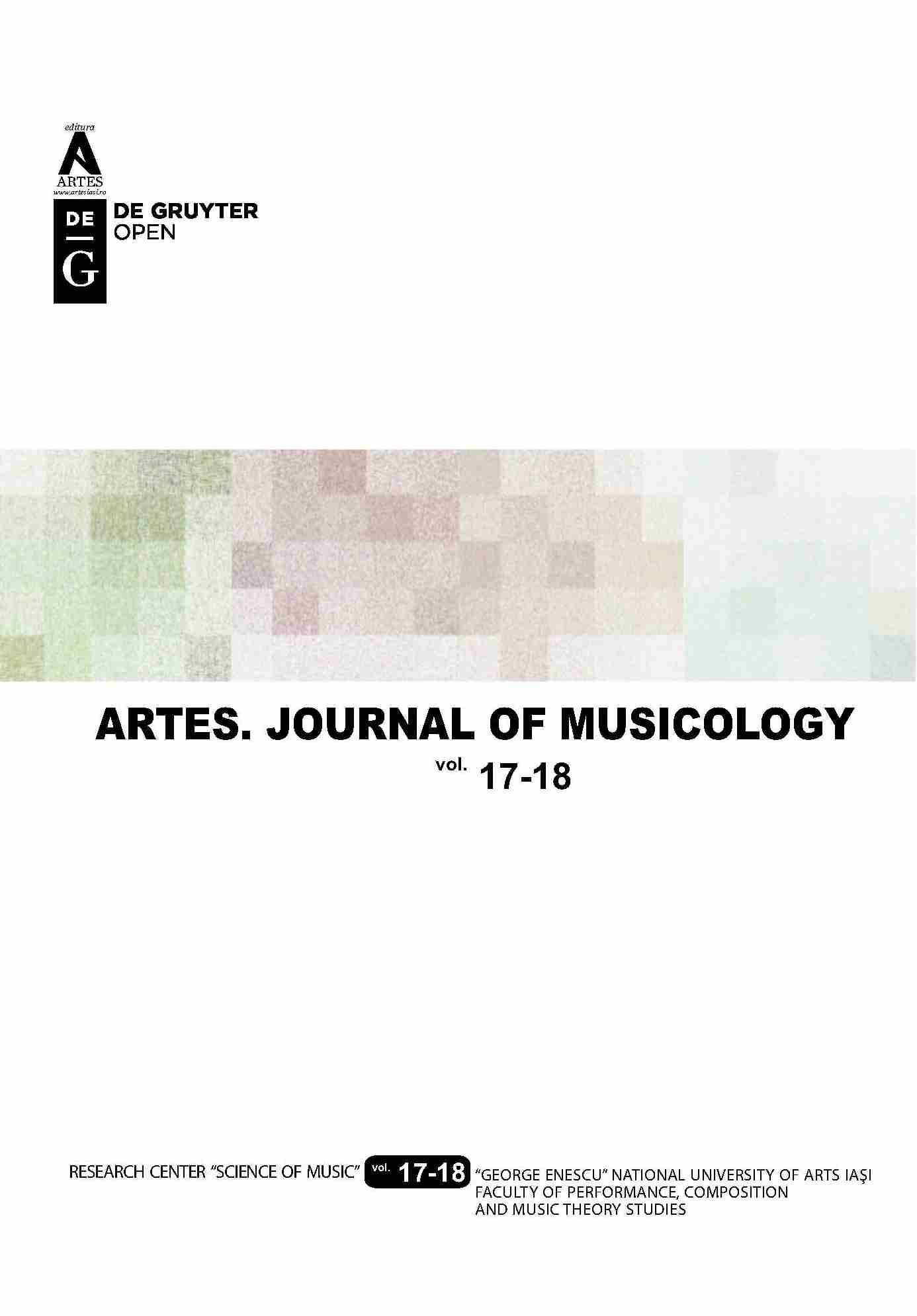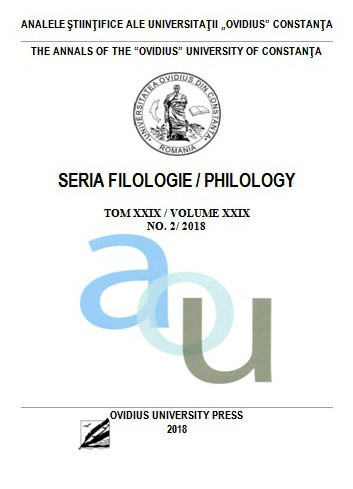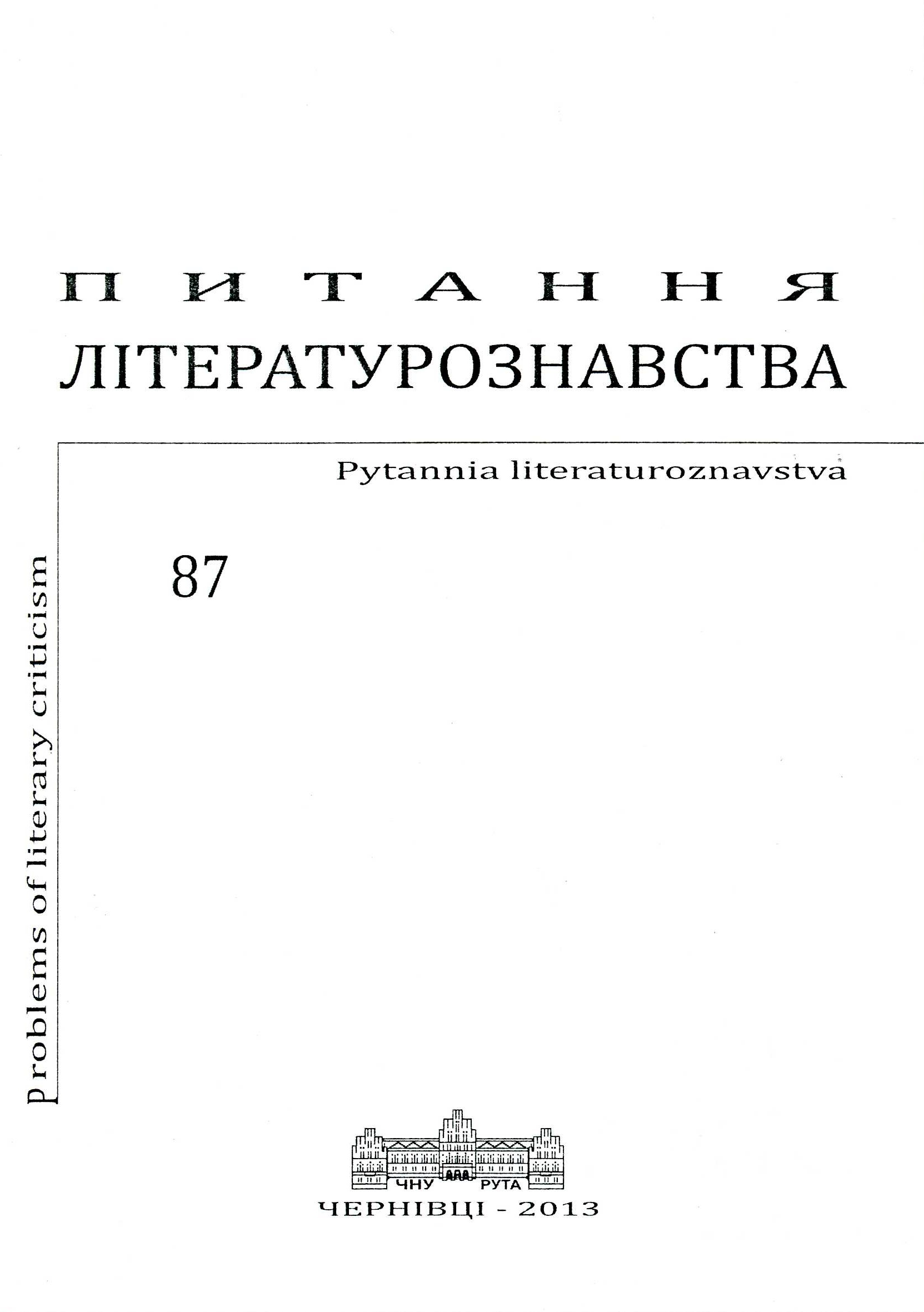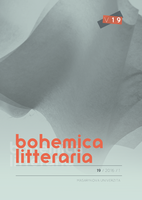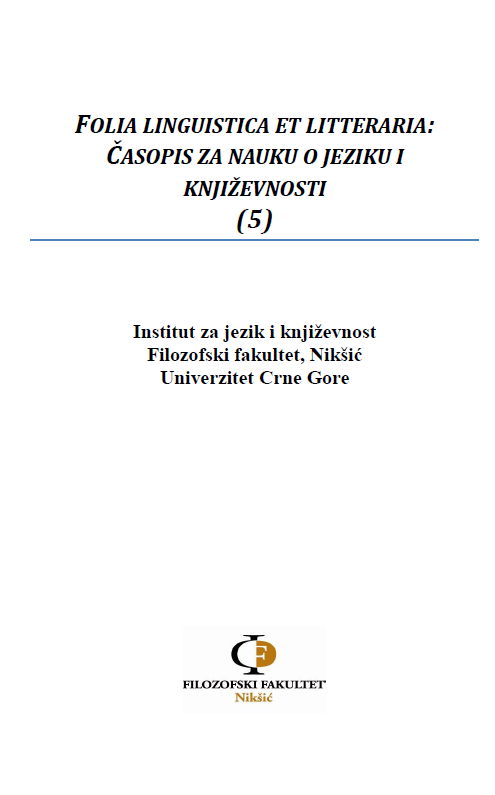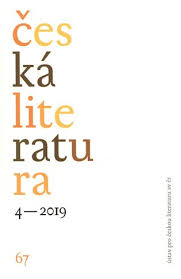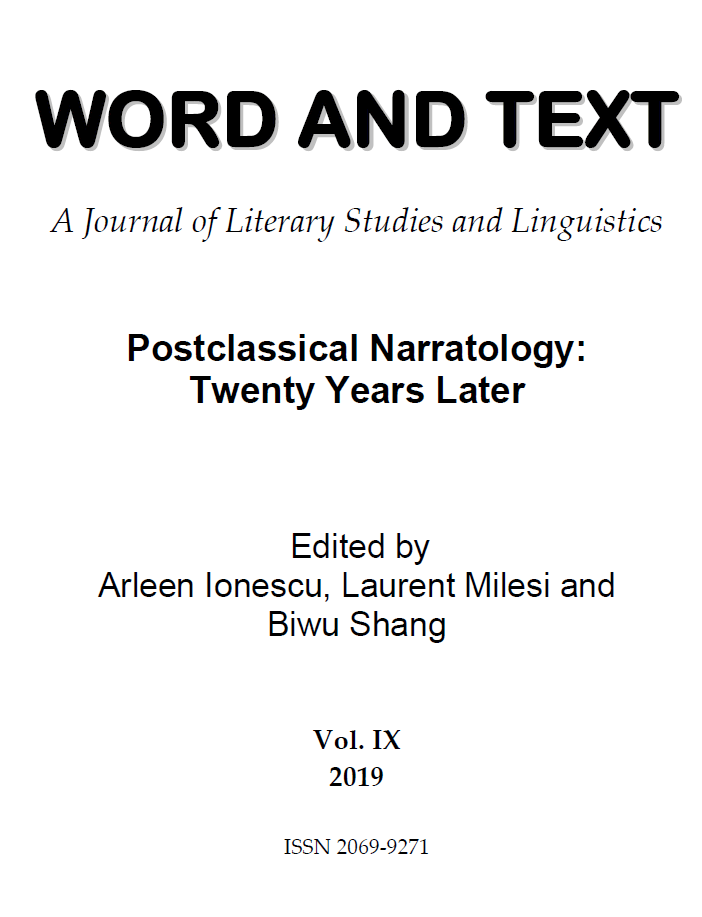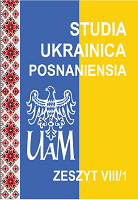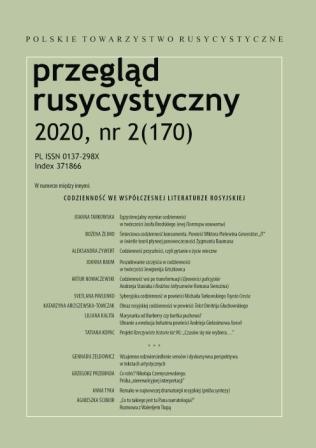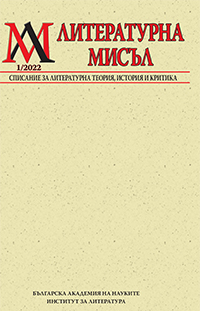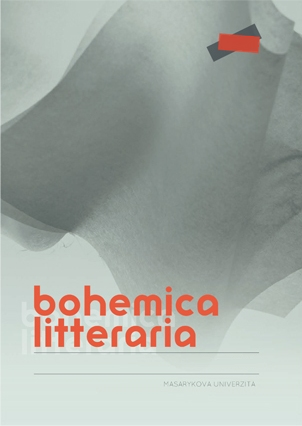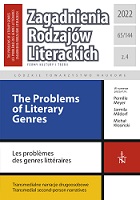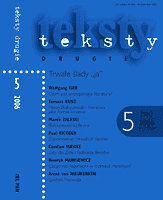
The narratology of memory. The case of Stanisław Vincenz
Narratologia pamięci. Casus Stanisława Vincenza
Keywords: Vincenz; Narratology; Poetics; Storytelling; Polish Literature
This article discusses the issues of narratology of memory in Stanisław Vincenz’s novel-cycle Na wysokiej połoninie, which, along with genology, rhetoric and other related issues, forms part of Vincenz’s multi-aspect mnemology. The way the narrator is structured and the narrative structures appearing are viewed in terms of the memory category which fulfils certain determined functions therein. The several narrative subjects (the author/narrator and the characters acting as narrators) allows one to speak of a common universal category of narrator as a poviastun [story-teller], i.e. a person with a certain memory at his or her disposal, performing acts of recollection/story-telling (or, recollection/poviastun-ing). The numerous memory narrations present in the Vincenz text imply multi-optional memory-based narrative strategies, being contemplated in the essay. In a mnemonological perspective, the poviastun becomes a narrative subject with his/her own ‘mnemic experience’; story-telling/poviastun-ing becomes identified with narrative acts of recollecting, whereas the story (or, the ‘tidings’) assumes the form of a mnemic text being proper with prose of memory.
More...
